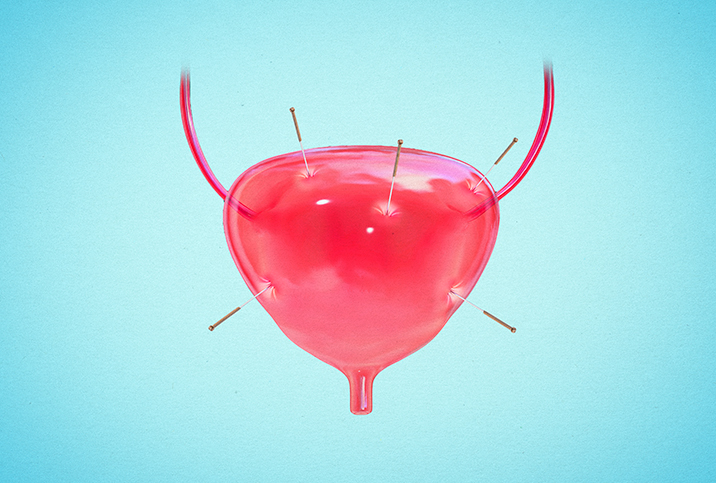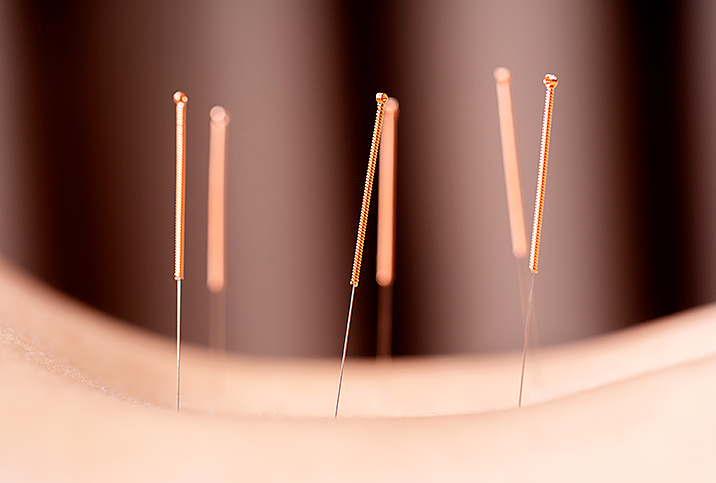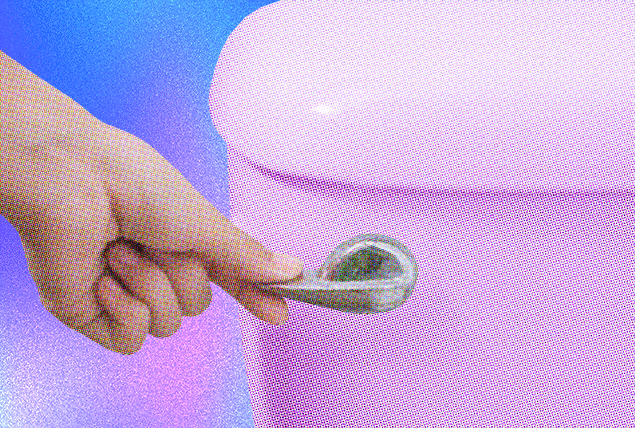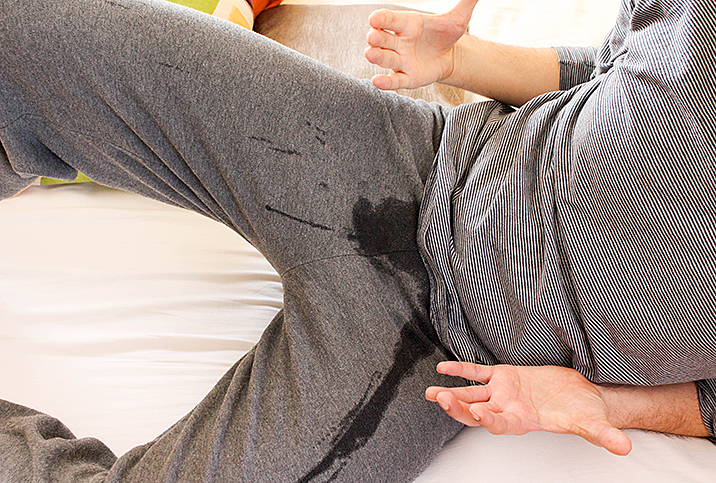Your Bladder Has Acupuncture Points

The full-body connections between acupuncture spots may seem counterintuitive, and perhaps random, to Western readers. How can an area on the big toe, aided with herbs, potentially reverse a breech baby's position? Why would some locations along the bladder meridian address respiratory conditions?
These misunderstandings stem from a fundamental difference in how Western and Eastern medical practitioners present and treat the body. Joe DeStefano, L.Ac., D.A.O.M., a licensed acupuncturist in Los Angeles, explained the basics of the practice.
"For early practitioners, [acupuncture] pathways were descriptions of the nerves and fluid vessels of the body that they observed," DeStefano said. "As a result, the entire body is connected to a web. The acupuncture points along the meridian can treat other organ systems."
Everything's connected
Acupuncture in one area of the body could bring health benefits to another, seemingly disparate organ or limb. This means bladder acupuncture includes both acupuncture for bladder-related health conditions and non-urinary tract issues.
New York City acupuncturist and Chinese medicine practitioner Tsao-Lin Moy, L.Ac., M.S.O.M., described her own approach to bladder acupuncture.
"Acupuncture needles do not come in direct contact with the bladder," she explained. "Some acupuncture points used to treat bladder problems are located on the lower abdomen. The insertion acupuncture needles go a quarter of an inch to three-quarters of an inch deep and will depend on the area of the body where there is more or less flesh."
DeStefano elaborated on the internal workings of acupuncture that occur after needle insertion.
"Acupuncture works by affecting hormonal changes in the body, by stimulating the neuroelectrical system," he noted. "The insertion of superfine needles along specified points creates a hormonal cascade that affects the body's healing process. This includes helping the body regulate the signals to the muscles that control urination."
For bladder acupuncture, DeStefano said licensed acupuncturists navigate one meridian in particular: the zu tai yang pang guang jing mai. In English, this is the foot tai yang bladder meridian or, as it is more simply referred to, the bladder meridian.
"Traditionally, the primary channel in the bladder meridian system begins at a point near the inner canthus [corner] of the eyes and travels a pathway covering the top of the head, the lateral sides of the spine, the back of the legs, down to the edges of the foot and ending at the little toe," he said. "An internal pathway connects this pathway to the physical bladder and to the kidneys."
Looking for a perfect balance
In traditional Chinese medicine (TCM) as well as Western medicine, the bladder and kidney are inseparable. Considering the bladder stores chemicals produced by the kidney, this makes sense. However, in TCM, the relationship between the organs is portrayed as a balance of energies: yin and yang.
"In the theory of yin and yang, everything in nature has two opposite aspects," DeStefano explained. "This opposition is reflected in the balance between light and dark, male and female, active and resting, etcetera. It is a matter of bad translation."
Subsequently, how acupuncturists treat different complaints depends on the "energy," or qi, of the particular issues.
"In Chinese medicine, UTIs are a type of 'damp heat,' where there is a form of qi stagnation," Moy said. "Fluid turns to heat, also known as inflammation. Conditions such as yeast infections are also considered damp heat. The strategy is to drain the excess fluids and heat—the inflammation—by promoting urination. Clearing excess fluid is the first part because the more fluid builds up, the more inflammation there is. Then [we focus on] cooling the inflammatory process."
Always discuss symptoms of a UTI—pelvic pain, pain during urination, cloudy urine and a frequent urge to urinate—with your doctor, as the standard treatment for the infection is antibiotics.
Hot and cold energy
Where Moy noted the presence of "heat" in infection, DeStefano referred to conditions linked to an energetic "cold."
"There might be cold affecting the bladder manifesting as frequent or urgent urination, or difficult urination," he said. "Or you might see general bladder deficiency with cold, which would be present with frequent, abundant pale urination, incontinence, lower back ache, dizziness and nighttime urination. Imbalances within the urinary bladder itself could be structural, as often seen in postpartum women or long-term infection—think multiple UTIs—which might damage the lining of the organ itself, affecting the function."
If you have persistent bladder issues, talk to your doctor about whether acupuncture is an appropriate supplement to your current plan of care.


















